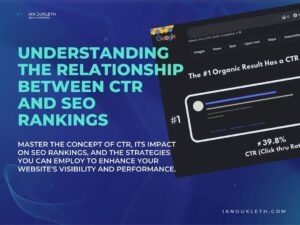Mastering On-Page Optimization: 5 Techniques Every Law Firm Needs to Know
As a law firm, you understand the importance of having a strong online presence to attract new clients. One of the most effective ways to achieve this is by improving your website’s search engine rankings through on-page optimization. In this article, we’ll guide you through 5 proven on-page SEO techniques that will help your law firm stand out from the competition and increase your online visibility. Let’s dive in and explore how you can optimize your law firm’s website for better rankings.

#1 Keyword Research and Optimization
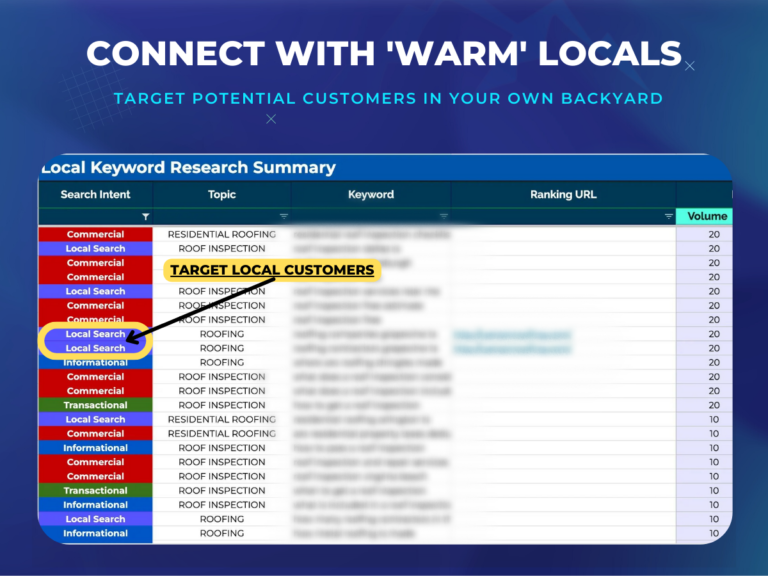
The foundation of successful on-page optimization for law firms and lawyers lies in effective keyword research. By targeting the right keywords, you can ensure that your website appears in front of potential clients searching for your services.
To start, use tools like Google Keyword Planner or Ahrefs to identify relevant keywords for your practice. Consider both short-tail and long-tail keywords, and pay attention to search volume and competition.
Once you have identified your target keywords, integrate them naturally into your website’s content, including page titles, headings, and body text. For example, a law firm specializing in personal injury law might target keywords like ‘personal injury attorney’ or ‘car accident lawyer.’
#2 Creating High-Quality, Engaging Content
High-quality, engaging content is fundamental for improving your law firm’s search engine rankings and website performance overall. It not only keeps visitors (your potential customers) on your site longer but also helps establish your firm as an authority in your field.
To create engaging content, consider addressing frequently asked questions, sharing case studies and client testimonials, and offering legal insights and analysis. This approach has been proven effective for law firms that have invested in law firm SEO services. One such firm experienced a 75% increase in website traffic after revamping its content strategy.
Regularly auditing and updating your existing content can also improve your website’s performance. Make sure all information is accurate, up-to-date, and relevant to your target audience.
#3 Meta Tags and Header Optimization
Meta tags and headers play a significant role in on-page SEO and tend to be the easiest SEO task for any skill level. They provide search engines with information about your website’s content and structure, which helps determine its relevance to user queries.
To optimize your meta tags and headers, follow these law firm SEO expert tips:
✅ Include Target Keywords In Your Meta Title And Description
✅ Write Unique And Compelling Meta Descriptions That Encourage Users To Click On Your Site
✅ Use Header Tags (H1, H2, H3) To Structure Your Content And Make It Easier To Read
#4 Optimizing URL Structure and Internal Linking
An often-overlooked aspect of on-page optimization is URL structure and internal linking. Optimizing your URLs can make it easier for search engines to crawl and index your site, while internal links help distribute page authority and improve site navigation (for users and search engine crawlers).
For attorney SEO-friendly URL structures, keep them short and descriptive, and include target keywords when possible. For example, use: yourdomain.com/personal-injury-law instead of yourdomain.com/services/12345
Internal links should connect relevant pages within your website, guiding users through your content and making it easy to find the information they are looking for. One law firm that prioritized internal linking saw a 45% improvement in its website’s search engine ranking and users tended to stay on their website 12% longer.
#5 Optimizing Page Load Speed and Mobile Friendliness
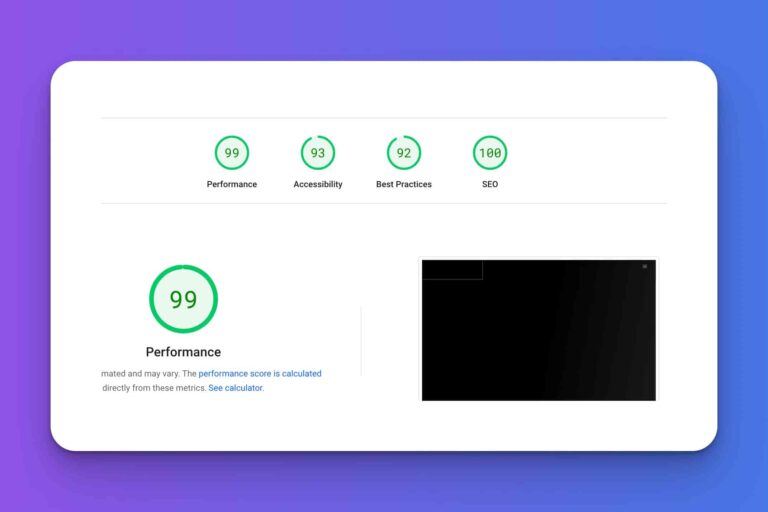
Page load speed and mobile friendliness are crucial factors in on-page SEO. Slow-loading pages or non-mobile-friendly designs can frustrate users and negatively impact your search engine rankings.
To improve your page load speed, consider:
✅ Compressing Images To Reduce File Size Without Sacrificing Quality
✅ Minimizing Javascript And CSS To Reduce The Amount Of Code Your Site Needs To Load
✅ Compressing Images To Reduce File Size Without Sacrificing Quality
Bonus #6: Exploiting the Power of Schema Markup
Schema markup, also known as structured data, is a powerful way to enhance your on-page optimization efforts and provide search engines with even more information about your law firm’s website. By using schema markup, you can help search engines better understand your content, which can lead to improved search engine rankings and more prominent search results, such as rich snippets or knowledge panels.
Here are some tips for implementing schema markup on your law firm’s website:
Choose The Right Schema Types
Focus on schema types that are relevant to your law firm, such as:
- LegalService
- Attorney
- LocalBusiness
- FAQPage
- Etc.
These schema types provide search engines with detailed information about your services, law practice, and frequently asked questions.
Use A Structured Data Markup Helper (Like Technical SEO)
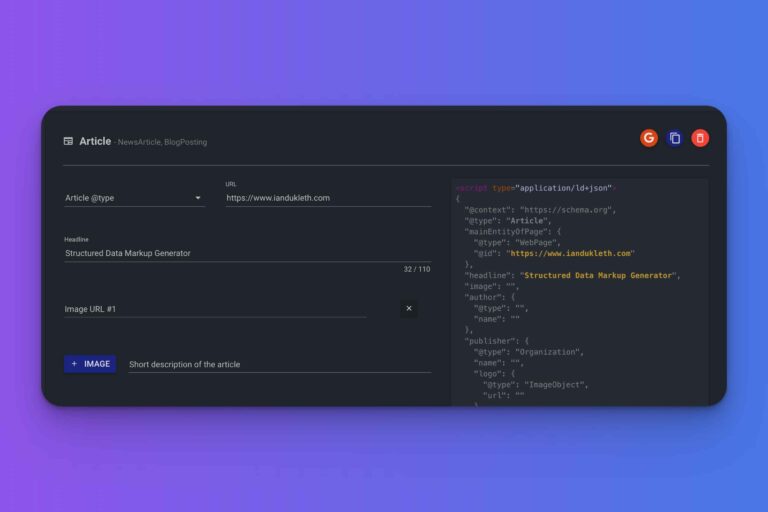
Free schema generator tools can help you generate the appropriate schema markup code for your website. By simply selecting the schema type, highlighting, or copy-pasting the relevant content from your web page, then the tool will generate the markup code that you can add to your site’s HTML.
Validate Your Schema Markup
Tools are your best friend. We use a combination of Google’s Rich Results Test and Schema.org to ensure that the schema markup/JSON-LD has been implemented correctly. This will help you identify and fix any errors that might prevent your markup from being recognized by search engines.
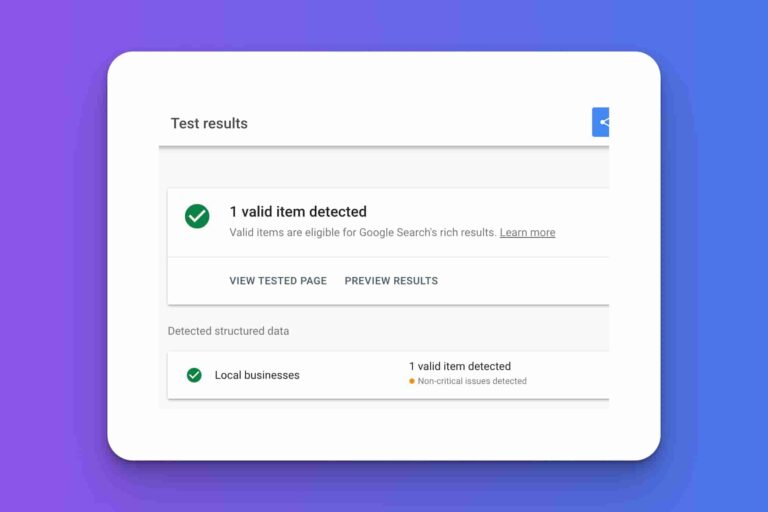
Monitor The Results
Keep an eye on your search engine rankings and search appearance to see how your schema markup implementation is affecting your website’s performance. You can use Google Search Console’s ‘Enhancements’ report to monitor the impact of your structured data. As well as the performance report > ‘search appearance’.
By implementing schema markup on your law firm’s website, you can further optimize your on-page SEO efforts and provide search engines with the information they need to better understand your content. In turn, this can lead to improved search engine rankings and increased visibility for your law firm in search results.
On-Page Optimization for Lawyers Wrap Up
By implementing these 5 [plus your bonus] effective on-page SEO techniques, you can significantly improve your law firm’s website ranking and online visibility. Focus on keyword research and optimization, creating high-quality content, optimizing meta tags and headers, refining URL structure and internal linking, and enhancing page load speed and mobile friendliness.
If you need further assistance or resources to optimize your law firm’s on-page SEO, consider seeking law firm SEO services from legal industry experts like ourselves. With our help, you can create a strong online presence and attract more clients to your practice.
Do not wait! Start implementing these techniques today and watch your law firm rise in search engine rankings!


